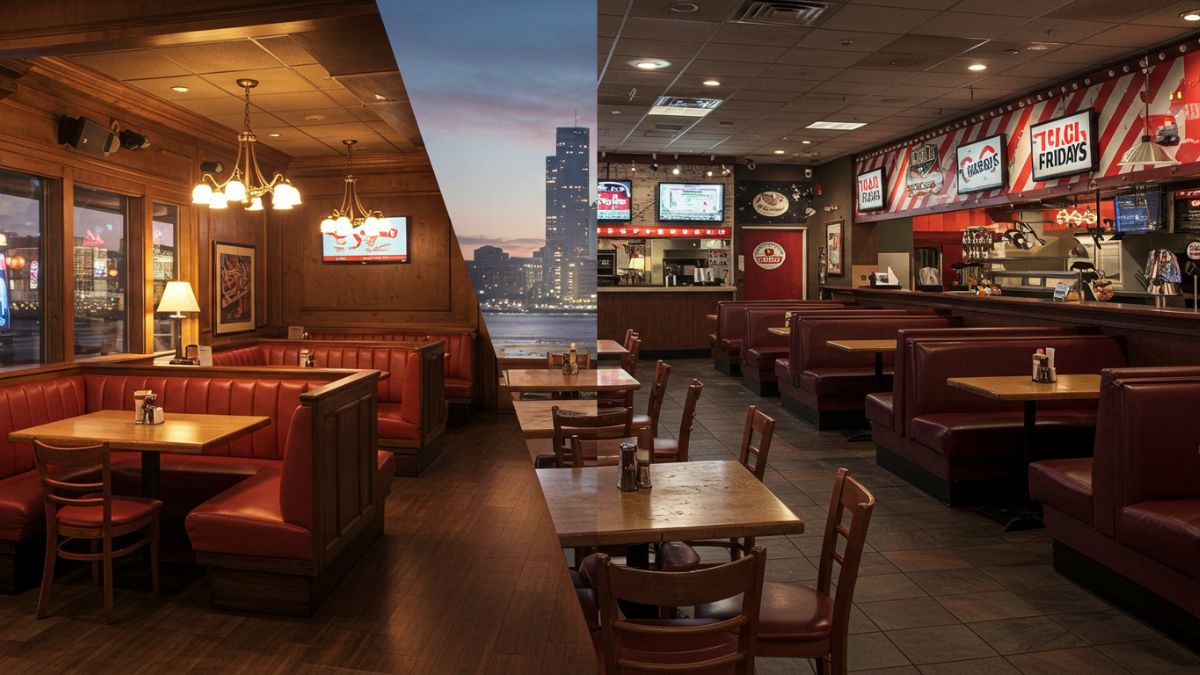The controversy surrounding case no. 7906301 – involuntary tips has brought to light the complex dynamics of tipping practices, raising questions about fairness and ethics in customer service settings. As more people become aware of this issue, discussions around it have only intensified, leaving many wondering where they stand on the matter.
What exactly does involuntary tipping entail? Is it a fair practice for both workers and customers? This blog post will delve into the intricacies of this contentious subject, exploring arguments from both sides while examining its implications for those working within the service sector. Join us as we navigate through this unfolding story, aiming to shed light on what you really need to know about case no. 7906301—where tipping takes an unexpected turn.
Arguments for Involuntary Tips
Supporters of involuntary tips argue that this practice can ensure a more equitable distribution of wages among service staff. By mandating gratuities, businesses can help level the playing field for employees who may otherwise struggle to earn a fair income.
Involuntary tipping could also enhance customer experience. When patrons know their servers are guaranteed additional compensation, it might encourage better service quality overall. This assurance allows workers to focus on providing excellent hospitality rather than stressing over individual tip amounts.
Furthermore, proponents claim that involuntary tips simplify the payment process. Customers appreciate knowing exactly what they owe upfront without needing to calculate an appropriate tip at checkout. It streamlines transactions and reduces confusion for both customers and employees alike.
Mandatory tipping policies might drive higher standards in service industries as companies compete for customer satisfaction while ensuring that their staff is adequately compensated for their efforts.
Arguments Against Involuntary Tips
Many critics argue that involuntary tips undermine the concept of tipping itself. When customers are compelled to leave a gratuity, it diminishes genuine appreciation for service quality.
Involuntary tips can create resentment among patrons. Customers may feel forced into tipping against their will, leading to negative experiences and reviews. This pressure could ultimately drive away business.
Furthermore, these practices often blur the lines between wages and tips. Servers might receive lower base pay if establishments rely heavily on mandatory gratuities. This can result in inconsistent income for workers who depend on voluntary customer generosity.
Additionally, some suggest that involuntary tipping may lead to complacency in service standards. If servers know they will receive a tip regardless of performance, there is less incentive to go above and beyond for guests.
Impact on Service Industry Workers
The controversy surrounding case no. 7906301 – involuntary tips has stirred significant concern among service industry workers. Many employees rely on tipping as a substantial part of their income. The possibility of mandatory gratuities raises questions about fairness and financial stability.
For some, involuntary tips may seem like a safety net, ensuring a consistent paycheck. However, this could also lead to complacency in service quality. Workers might feel less motivated to go above and beyond if they know the tip is guaranteed.
Moreover, there’s an emotional aspect to consider. Tips often reflect personal appreciation from customers. Removing that element can diminish job satisfaction for many who thrive on customer interactions.
This situation creates a divide between those advocating for protection under labor laws and those fighting for the traditional tipping system’s integrity. Service workers find themselves navigating these complex waters with mixed feelings about their livelihoods and roles within the industry.
Legal Implications and Rulings
The legal landscape surrounding case no. 7906301 – involuntary tips is complex and evolving. Courts are grappling with the implications of forced gratuities on customer rights and employee wages.
Recent rulings have highlighted a need for clarity in tip regulations. Some jurisdictions uphold that requiring customers to leave tips can infringe upon their freedom of choice, while others argue it supports fair compensation for workers in an industry known for low pay.
Legal experts emphasize the potential ramifications this case may have on labor laws nationwide. If courts rule against involuntary tipping practices, businesses might need to rethink their payment structures entirely.
Moreover, ongoing litigation could lead to stricter guidelines regarding how tips are collected and distributed. The outcome will not only impact individual cases but also set precedents that shape future employment contracts across the service sector.
Conclusion:
The debate surrounding case no. 7906301 – involuntary tips continues to spark intense discussion among various stakeholders. Opinions diverge sharply, reflecting deep-rooted beliefs about fairness and compensation.
Understanding the nuances is essential for anyone involved in or affected by the service industry. This issue impacts not just workers but also consumers and business owners alike.
As more rulings emerge, they may redefine how tipping practices are perceived and implemented across different sectors. Adaptation will be key as both employees and employers navigate this evolving landscape.
FAQ’s
What exactly is case no. 7906301 about?
This case centers around the legality and ethics of involuntary tipping practices in various service industries, focusing on mandatory gratuities imposed by employers rather than customers’ voluntary choices.
Why do some argue for involuntary tips?
Supporters believe that involuntary tips ensure a fair wage for workers who often rely heavily on gratuities to make ends meet. They argue it levels the playing field and guarantees a minimum income regardless of customer behavior.
What are common arguments against involuntary tips?
Opponents claim that such practices undermine genuine customer appreciation and can lead to decreased service quality. Many also feel it’s unfair for customers to be forced into tipping when they might not have received satisfactory service.











